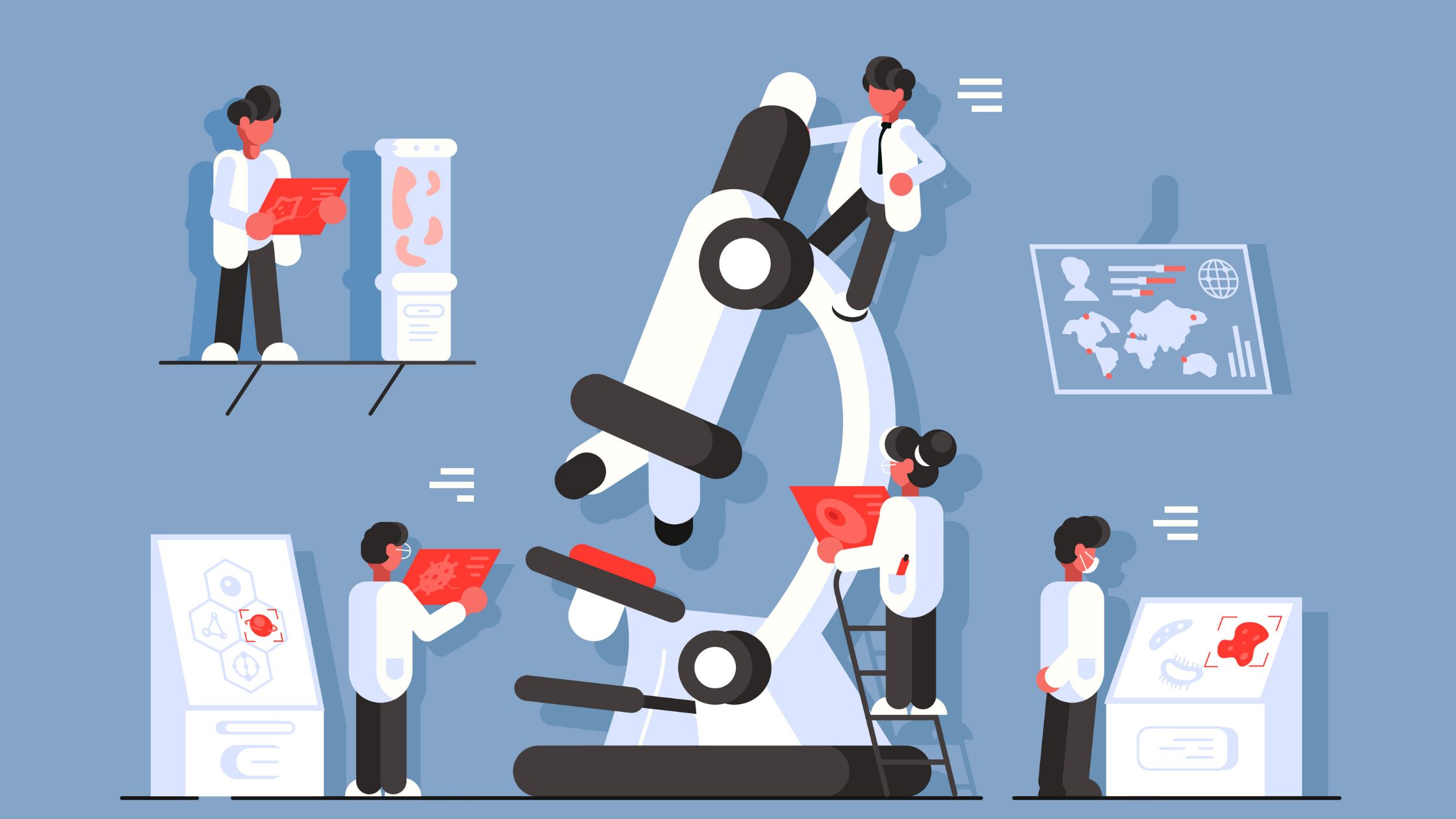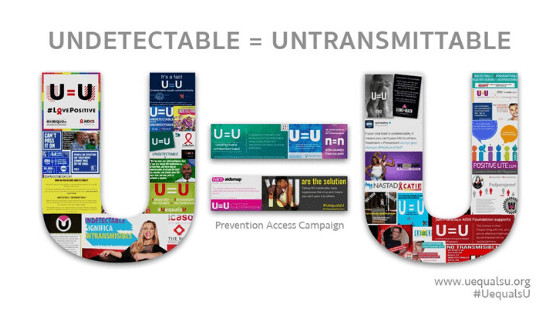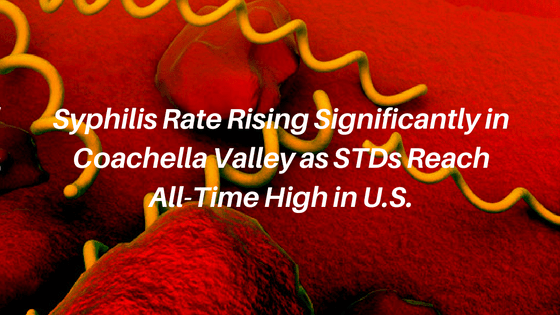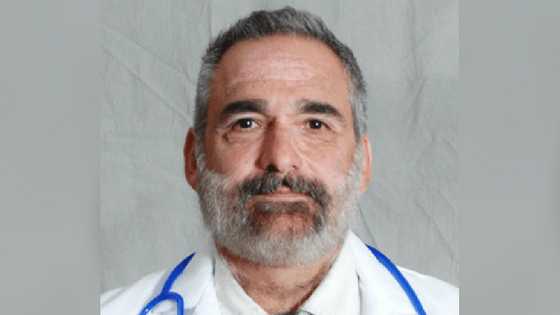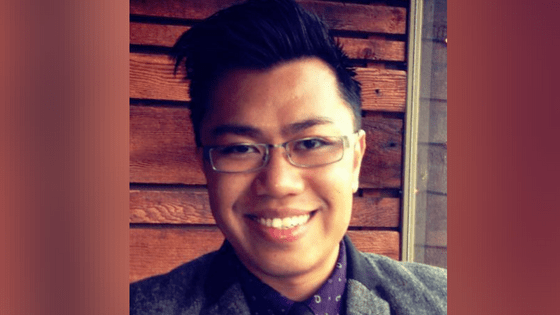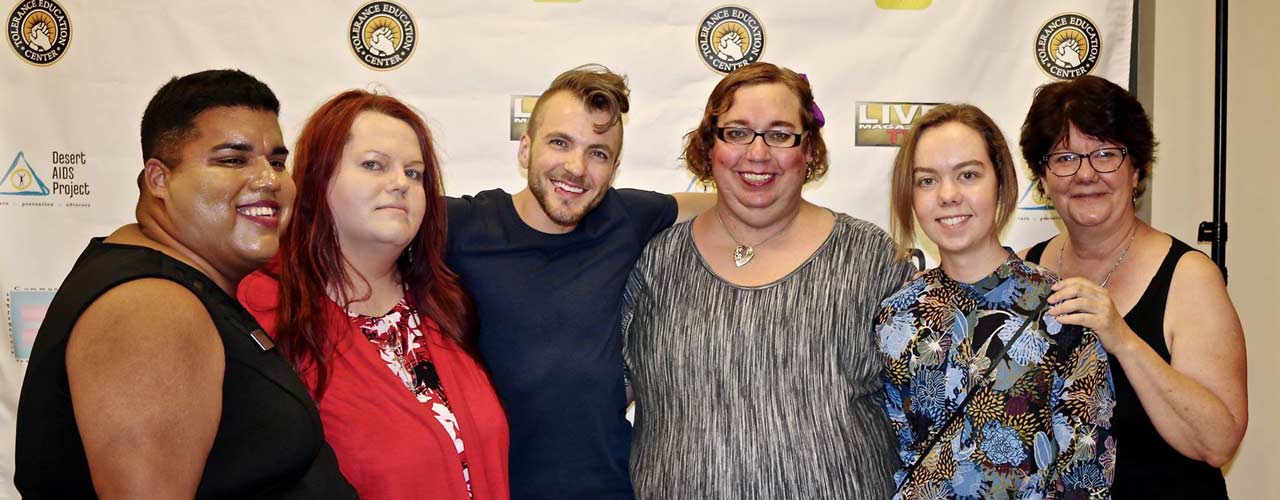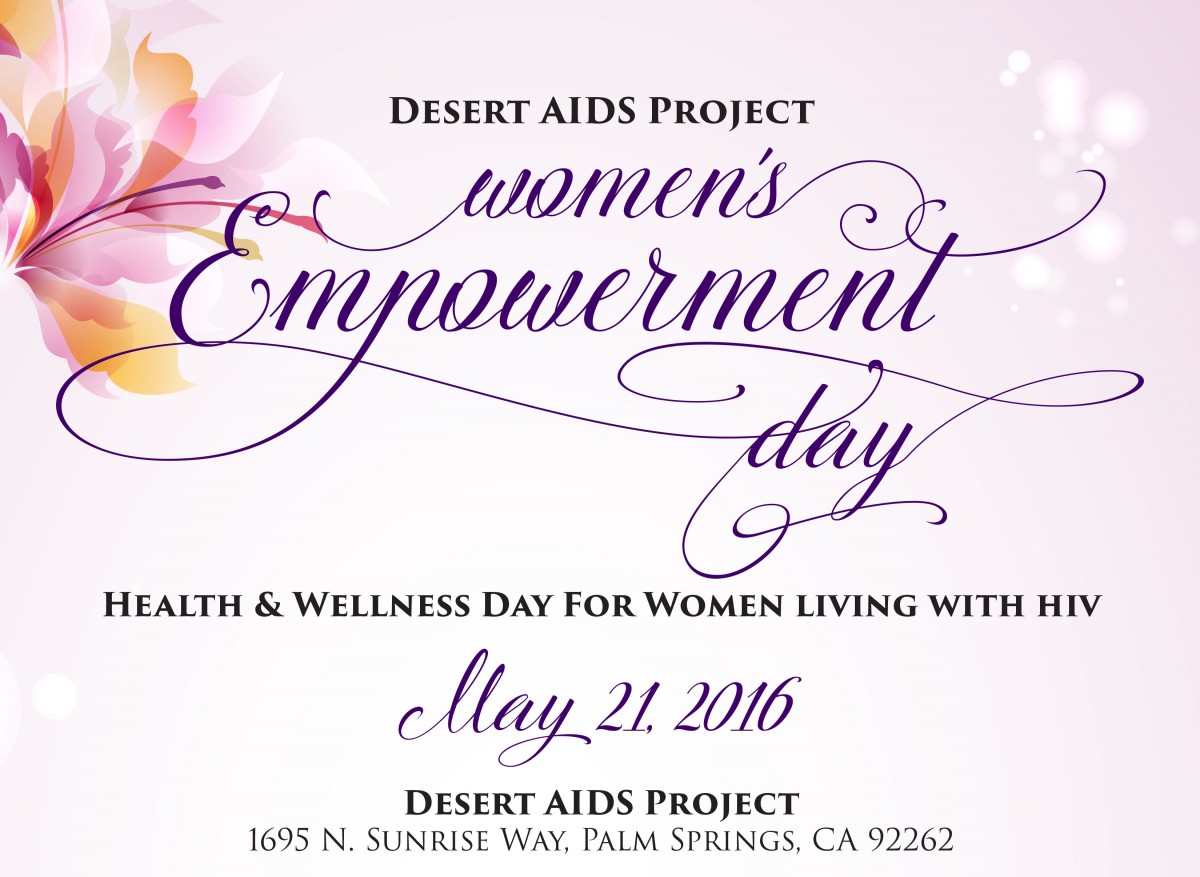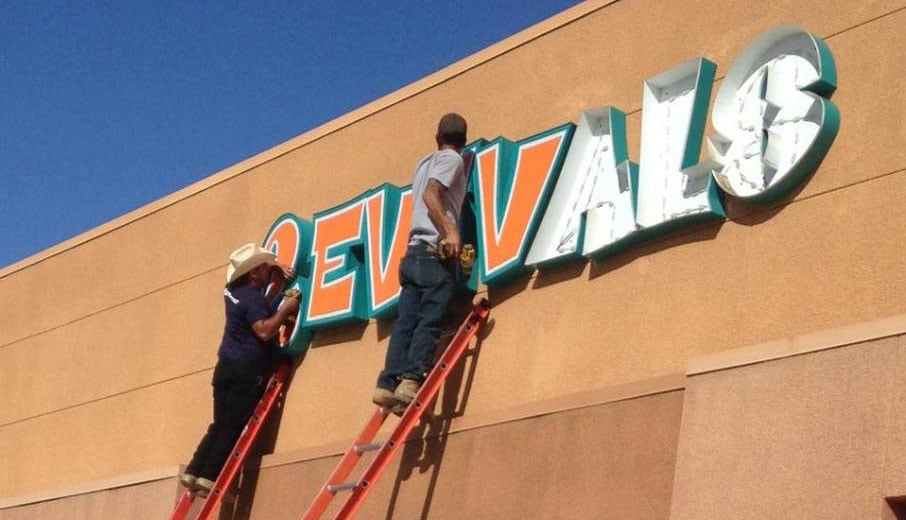
Uncovering New Reasons for Hope
Weekend Wrap Message – Saturday, October 31, 2020, from David Brinkman, Desert AIDS Project CEO
Gratitude for a successful Desert AIDS Walk 2020
COVID could not stop Desert AIDS Walk 2020, as this community laced up last weekend and walked to end HIV, support our COVID Clinic, and increase healthcare equity for all. With some slight reimagining, this community came together for the tradition safely and with a lot of love.
We are so thankful to everyone who walked this year, as well as our sponsors who supported us.
Sandie Newton hosted an NBC Palm Springs special broadcast featuring reasons this event is more important than ever. And to keep with tradition, you can hear the Palm Springs Gay Men’s Chorus performing the opening song, a beautiful rendition of “Rise Again”.

Preventing Flu During COVID
With a third wave of COVID upon us while flu season is also starting, many risk becoming co-infected with both viruses if they have not received their influenza vaccination.
“It’s an especially important year to get your flu vaccine,” says to Dr. David Morris, our chief medical officer. He and his team are concerned about our hospitals becoming overwhelmed with cases that could be prevented with a flu shot. Anyone who is interested in talking to someone about COVID and the flu should call our COVID Hotline at (760) 992-0407. You can learn more in this DAP Talks.
DAP Study: One Shot Every Two Months for Viral Suppression
For some PLWHA, taking medication in pill form every day is difficult, and it can cause poor adherence that harms their health and puts others at risk. DAP Health is committed to offering more options for antiretroviral treatment (ART), and we are one of the few health centers in the U.S. working on a study using only six ART injections per year for viral suppression, with ViiV Healthcare. You can read more here.









